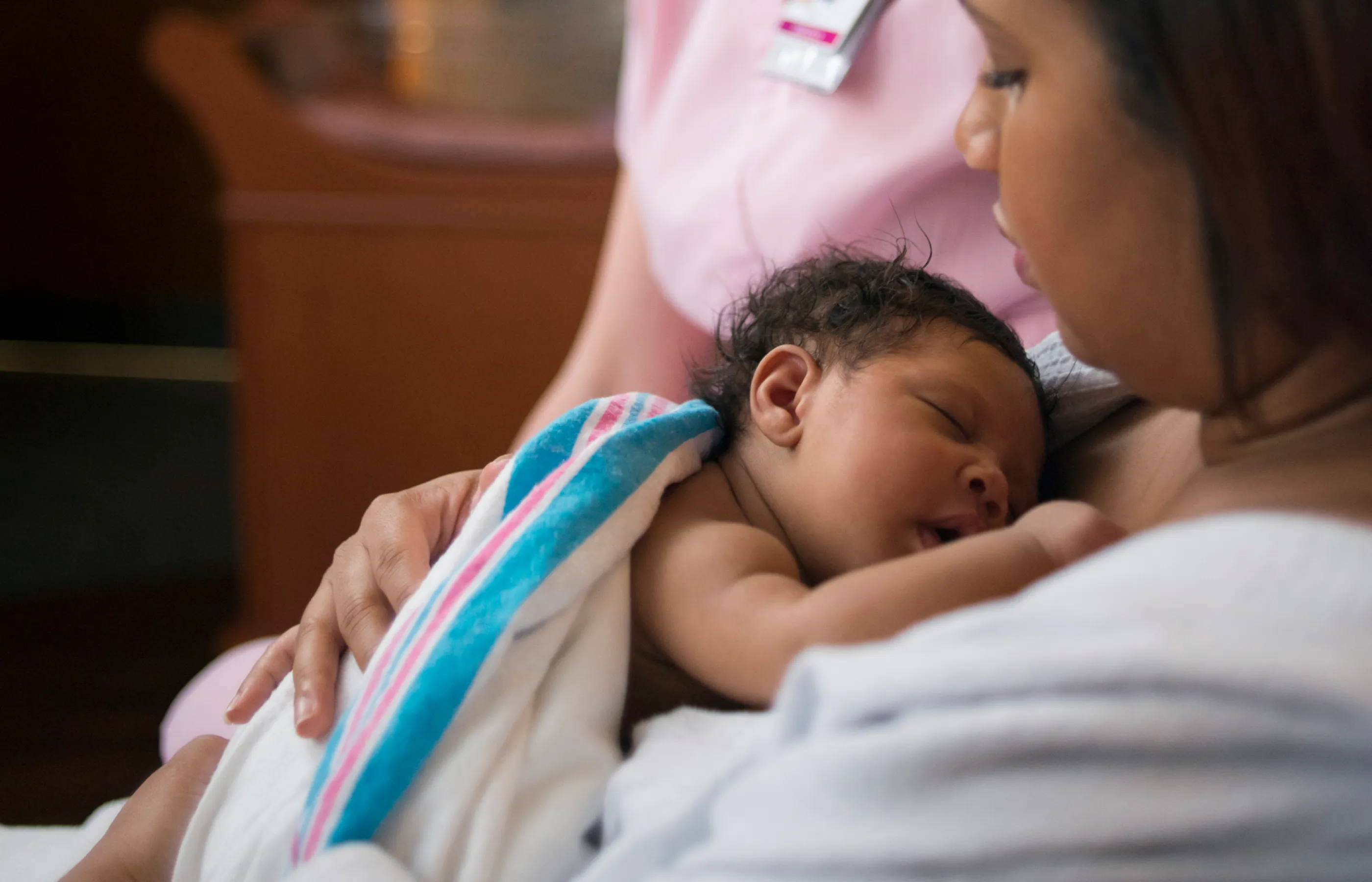High-Risk Pregnancy
Specialized care and treatment
The OB-GYN specialists at Novant Health provide specialized care and treatment if you have a high-risk pregnancy. Understand what factors may make your pregnancy high-risk and how we can work together to manage your health.

What is a high-risk pregnancy?
If you have a high-risk pregnancy, you or your baby may be at a higher risk of health problems before, during or after delivery. This might be because of a medical condition present before pregnancy or one that develops for you or your baby during pregnancy. You may require specialized care before conception, during gestation and at birth to help ensure the health and safety of you and your baby.
Risk factors for pregnancy complications
Although any pregnancy can carry a risk of complications, certain factors may increase the chances of pregnancy complications that could make a pregnancy high-risk.
- Personal Risk Factors: Women who are over 35, have experienced previous pregnancy problems or have given birth to multiple babies have a higher risk of developing complications.
- Medical Risk Factors: Women with underlying medical conditions or a family history of difficult pregnancies may be more likely to have a complicated pregnancy.
- Lifestyle Risk Factors: Smoking, drug and alcohol use, nutrition and lack of prenatal care can affect the health of you and your baby and lead to long-term developmental problems after birth.
Talk to your provider
If you have risk factors for a high-risk pregnancy, it's a good idea to speak with your provider before becoming pregnant or once you find out you are pregnant. Your provider may refer you to a high-risk pregnancy doctor to help manage your care or make other recommendations to help reduce the chances of developing complications.

Maternal-fetal medicine providers
Maternal-fetal medicine physicians focus on caring for women at high risk of developing complications during pregnancy. These specialists, called perinatologists, are obstetricians who have completed an additional three years of training in high-risk pregnancies. Depending on your risk factors and condition, your perinatologist may be your primary provider or support your regular obstetrician. They'll be joined by sonographers, nurses and genetic counselors.
Care for a high-risk pregnancy
Even if you may be at high risk of developing complications during pregnancy, that doesn't mean you will. Extra monitoring and lifestyle adjustments may be necessary during pregnancy to identify and treat medical issues for you and your unborn baby as quickly as possible.
Prenatal testing for high-risk pregnancies
If you have a high-risk pregnancy, specialized prenatal testing is usually performed to evaluate your baby's health. These tests can help identify birth defects, heart defects and genetic or chromosomal conditions like cystic fibrosis and Down syndrome.
